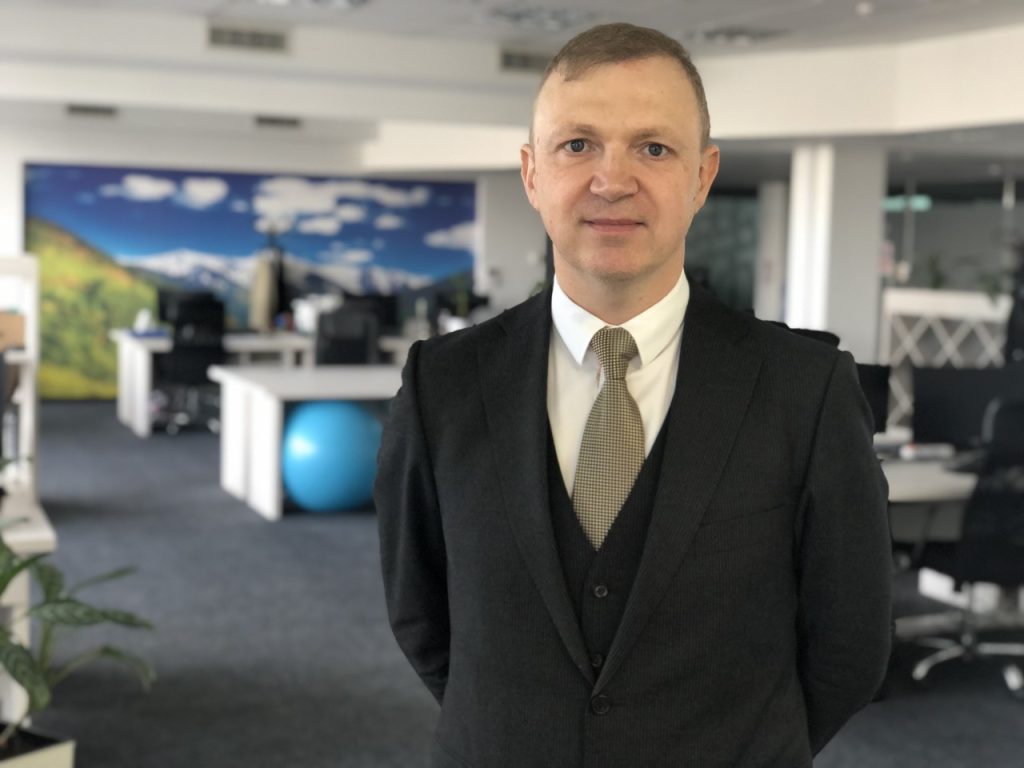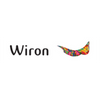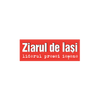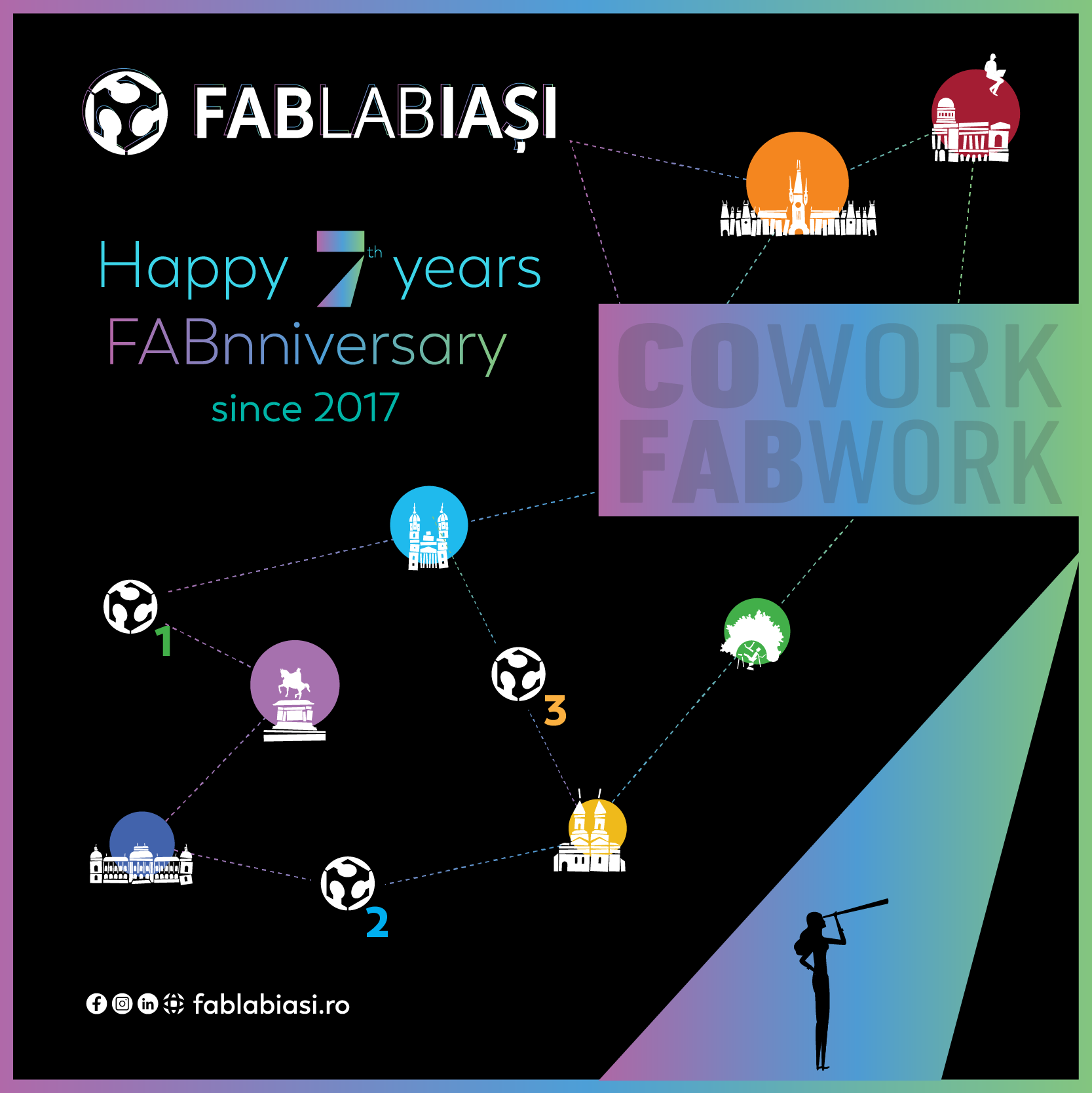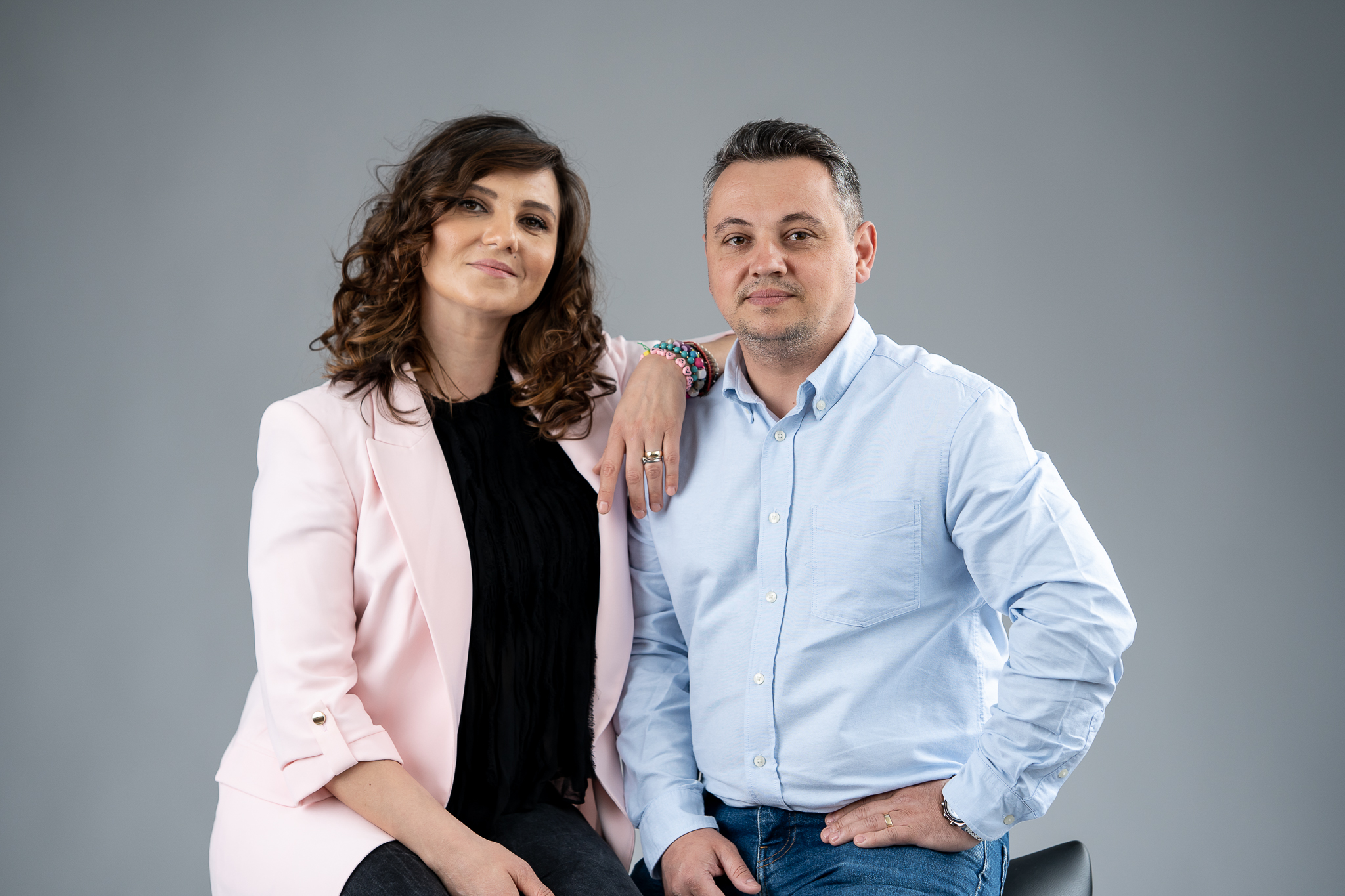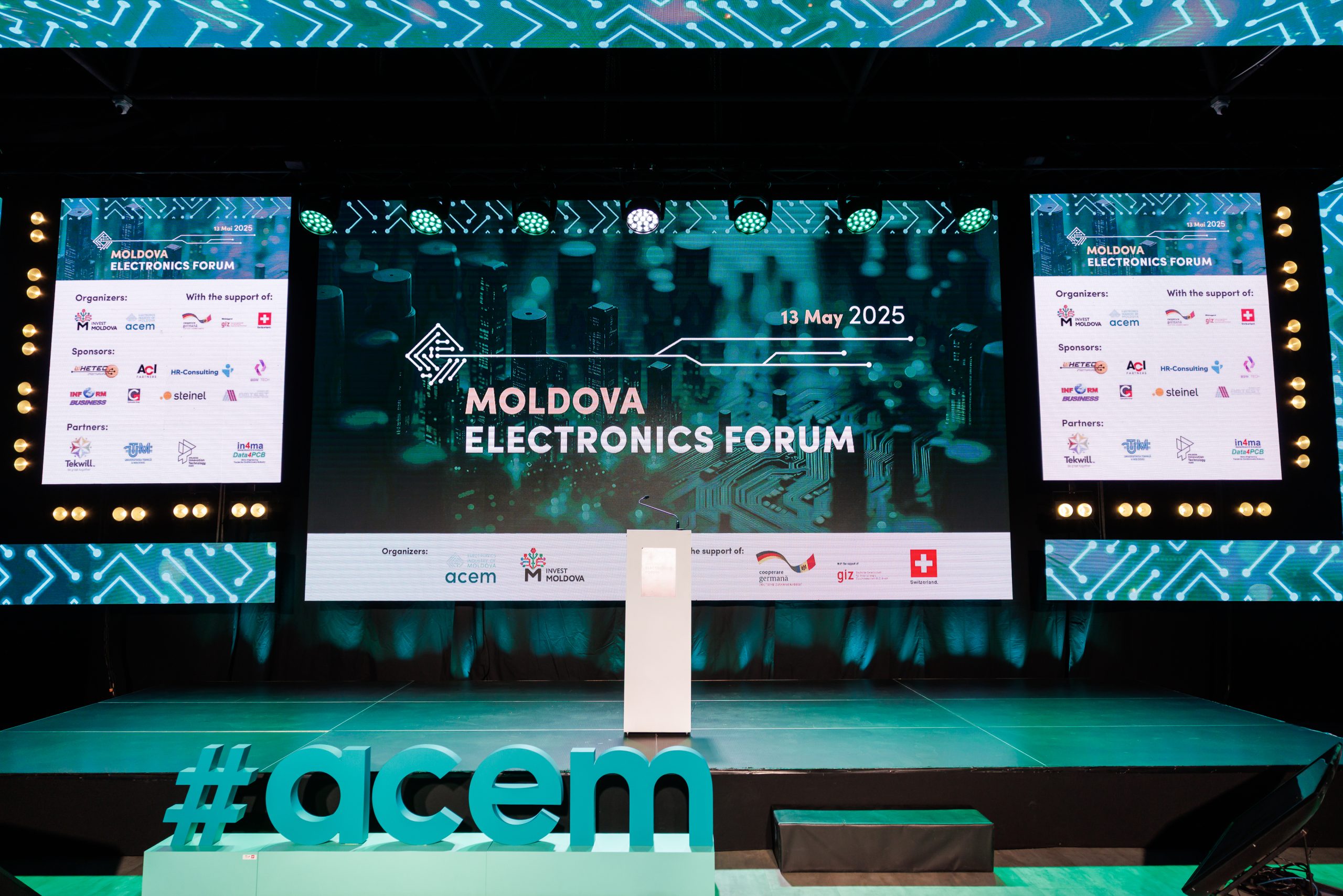A 7% single tax on sales in Moldova on automotive R&D, design, AI development and semiconductor manufacturing
Yes, there is no mistake in the title, and it is not only a number to attract your attention. From 2018 onwards, Moldova has implemented special fiscal conditions for Hi-tech areas of business through Moldova Innovation Technology Park (MITP), and those areas have been supplemented with activities that are key to trending automotive technologies – AI development, R&D, design, development of multimedia systems, testing, and even semiconductor manufacturing.
A company registered in MITP pays a 7% single tax on its turnover, simple to calculate and report, and it replaces the corporate tax and all employee-related taxes, such as social security, health insurance, personal income tax, local taxes, and even company cars road taxes and real estate taxes. It does not include only VAT, which is anyway 0% on the export of services, and withholding taxes on dividends and other payments made to non-residents.
Well, it may seem too good to be true, and surely, there is more to be told, that is why we have spoken to Ms. Natalia Donțu, MITP Administrator.
Natalia Donțu, MITP Administrator
Initially, MITP was approved for 10 years (2018-2027), with the 7% level of taxation guaranteed by law no matter of any changes to general taxation that may occur in the country until the end of 2025. But the effect on the digital industry and Moldova’s economy has been so tremendous, that in December 2023, law no. 77 on Information Technology Parks was prolonged to 2035, granting an even longer timeframe for planning, investing, and growing in these areas.
Just a few key numbers confirm the great impact MITP and the 7% single tax had on the industry: in 2017 there were about 400 IT companies in the country, in 2023 there are 1,350+ of them registered only in the IT Park, creating 6,000 new jobs in the industry during the last 5 years. The contribution of the IT sector to the country’s GDP has grown from 1.5% in 2016 to 4.2% in 2021. Total sales of MITP resident companies total 500 million euros, 89% of which are exports (also quantifying for 10% of the overall country’s exports), and even though the 7% tax rate seems like the lowest you can imagine, the amount of taxes the industry pays to the state had doubled in 4 years, thanks to the overall growth and transparency of the industry. So, Moldova is also benefitting from this system of taxation, which is why it is also interested in granting a longer period of its implementation.
There are more than 230+ companies with foreign capital registered in MITP, 24 of them are companies with German capital. This regime is also beneficial for the parent company, which incorporates a company in MITP for a part of its team or its activity, since Moldova has treaties signed with 51 countries to avoid double taxation and since a part of the team can be formed of foreign nationals, located either in Moldova or remotely in any other country.
We would go into a specific example regarding taxation and incorporation, to be more specific.
For example, a company in Germany wants to form a team to explore Embedded Programming technologies or to develop AUTOSAR Compliant Software for the Automotive industry, or set up a team in PCB design & embedded firmware development for medical devices or R&D activity. It would then incorporate a company in Moldova and apply to register this company into MITP.
The new company does not have the offices at a precise physical address of the park, it can have its offices anywhere in the country or even have a team on remote work. When applying at MITP, everything can be done digitally only with companies incorporating documents. There’s no need for a business plan and no feasibility studies. And the application is cost-free.
In up to 7 days after application, the company would receive a park registration decision. The application of the new tax regime begins on the first day of the month following registration.
Once benefitting from the 7% single tax, the company would form a team of 20 people, for example. All of them can be local talents, or foreign nationals located in Moldova, with an easy-to-obtain working permit through a derivative IT Visa program. Or some of the team members can be located in any other country, including Germany. Even the administrator of the company can be a foreign national, managing the team from any other country. Moldova has an advanced system of digital-only reporting to fiscal authorities, digital invoicing, and digital correspondence with digital legally empowering signatures. So, a company can be efficiently managed from any location on the globe.
Let us assume two scenarios of turnover for the 20-person team.
1 scenario:
Monthly turnover = 80,000 EUR
Single tax 7% = 5,600 EUR
Minimum amount of single tax = 700 EUR x 30% x 20 employees = 4,200 EUR
So, the single tax in amount of 5,600 EUR (the biggest one) has to be paid
2 scenario:
Monthly turnover = 40,000 EUR
Single tax 7% = 2,800 EUR
Minimum amount of single tax = 700 EUR x 30% x 20 employees = 4,200 EUR
So, the single tax in amount of 4,200 EUR (the biggest one) has to be paid
These 2 scenarios represent the monthly single tax calculation. The remaining after-tax amount can be allocated to:
• employee salaries (which are not taxable in the Park),
• dividends (the withholding tax of 6% on dividends)
• and other company’s expenses.
Since the Republic of Moldova has a treaty with Germany for avoiding double taxation, that states the lower rate to be applied once, there will be no need to pay a second income tax in Germany.
So, by modeling the examples above, we can see how transparent and easy it is to calculate the 7% single tax regime applicable to MITP residents. Each company in the park must pass an annual audit by an independent licensed company to reconfirm its compliance with allowed activities in the park, some audit procedures can cost as little as 300 euros. And those allowed activities, that are relevant to the automotive industry, are AI, blockchain, software development, high-tech R&D, design, data processing, apps testing, cyber security, cloud computing, UX design, manufacturing of microprocessors, and integrated circuits. So, even a manufacturing facility for semiconductors would qualify for the 7% single tax rate in MITP. It is still a new activity added to the list, but in the wake of the current semiconductor crisis, it is for sure worth considering.
And, most important, Moldova has talented and passionate people, with strong skills in new technologies. It is not a place to choose for lower salaries, because there is already a big competition in the region for the best talent. But MITP and the 7% single tax have made one of its most important effects in increasing the level of salaries, paid to highly skilled talent, up to the regional level, thus being able to retain the best talent and even attracting new ones from the region. So, you can count on finding talent even for the most complex technologies and future hi-tech tasks in Moldova. The 7% single tax regime has allowed companies to thrive, has motivated teams and individuals to innovate, and has inspired new generations of skillful young people to choose a career in IT and engineering, the first larger waves of them being now about to graduate and seek opportunities for their talent.
One industry example is AROBS Software S.R.L, a part of the AROBS group, which does the development of high technologies for the automotive industry.
The company has a history of more than 12 years on the market, and it also joined the Moldova IT Park program after the latter appeared. I have asked Mr. Gorgos how that helped his company since he experienced both taxation systems, the standard one, and the 7% one:
It helped us tremendously and it allowed us to retain more valuable talent, to ensure more solid growth. Thanks to this 7% single tax we are now able to pay salaries as in Bucharest and Cluj for senior experienced programmers, a value which is competitive in the region. And it also serves as an inspiration for students and a new generation of engineers – they have a clear goal to perform for and they know their hard work and talent will be rewarded. And everybody wins at the end – the educational system, the IT industry in the country and automotive industry globally
